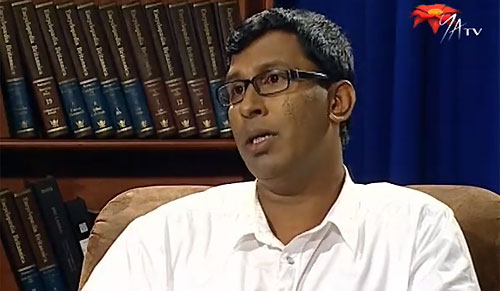|
Beware of ‘tie-coat separatist terrorism’ in next parliament – JHU
by Vipul Sivakumaran Mar 26, 2010 | |
 The JHU urged voters to elect patriotic and talented MPs who could defeat the ‘tie-coat separatist terrorist’ challenge from Tamil National Alliance members in the next parliament. Addressing a news conference in Colombo, JHU media and propaganda secretary Nishantha Sri Warnasinha said the public had right to know the position of JVP leaders on the ‘separatist manifesto’ because the JVP had joined forces with the TNA for the January 26 presidential election campaign. According to Warnasinha, Tamil leaders such as R. Sampanthan and Suresh Premachandran have said although the military struggle for a Tamil state ended on May 18 they would continue the political campaign to achieve their objectives as outlined in the Vaddukottai Resolution of 1976. Warnasinha said the TNA manifesto did not have any clause that supported national unity. The Tamil leaders had not sought any apology from voters for their faults during the past 30 years of war against terrorists. The TNA’s policies had brought misery to the Tamil people, hampering their social and economic development, he said. The TNA leaders’ current actions raised doubts about previous claims that they were acting under duress in view of LTTE death threats, Waransinha said. The TNA leaders had now renewed their demand for the merger of the North and East and that those regions be recognized as traditional homelands of Tamils, Warnasinha said. Warnasinha criticized the TNA for stressing the Sri Lankan Tamils’ right to self-determination. Senior JHU official and Kalutara district UPFA candidate Ranawiru Shantha Jayatileke said the JHU was ready for a public debate with the JVP on critical issues affecting the country. He claimed the JVP might not be serious about preserving the unitary character of the Sri Lankan state because its late leader Rohana Wijeweera had supported Tamils’ right to self-determination in the early days of his political career although the JVP changed its position in 1994. Courtesy: Island
|
|
|
| |